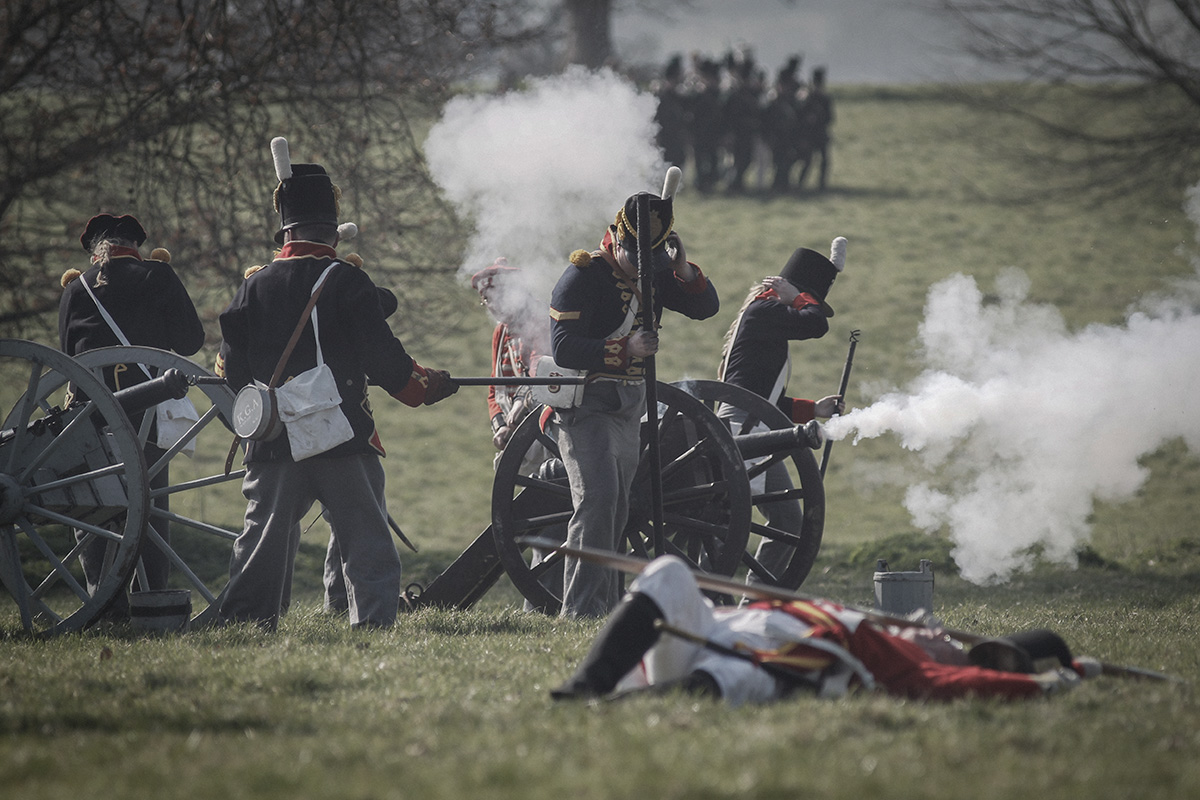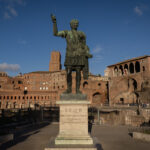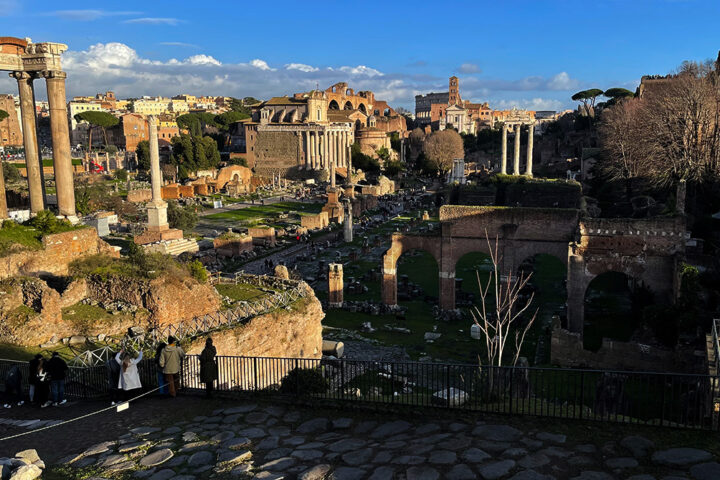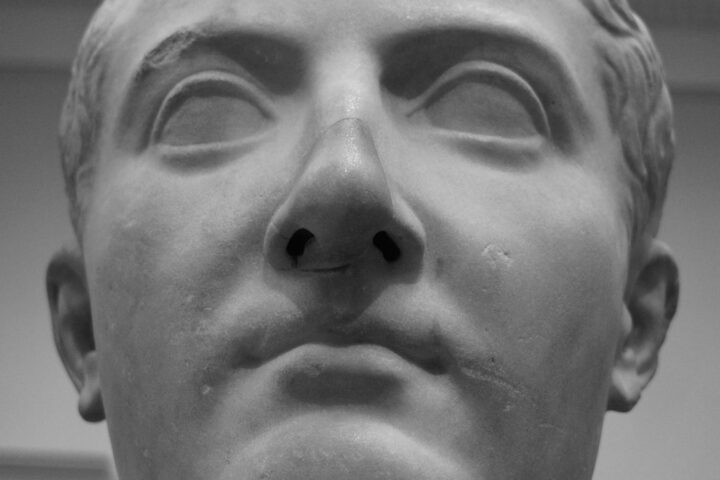On October 15, 1815, a significant chapter of the European history began as Napoleon Bonaparte arrived on the remote island of St. Helena. This marked the commencement of his second and final exile imposed by the British government after his resounding defeat at the Battle of Waterloo earlier that year. The journey to this isolated speck in the South Atlantic was one of unequivocal finality, a formidable terminus for the man who had once commanded the fate of empires.

The decision to confine Napoleon to St. Helena arose out of profound strategic and political motivations. The diminutive island, roughly 1,200 miles from the nearest landmass, was chosen for its inaccessibility and its foreboding, rocky landscape, an environment unlikely to inspire any notions of escape or resurgence. The British government, acutely aware of Napoleon’s ability to rally and resurrect his ambitions, spared no effort in ensuring that this final exile was absolute.
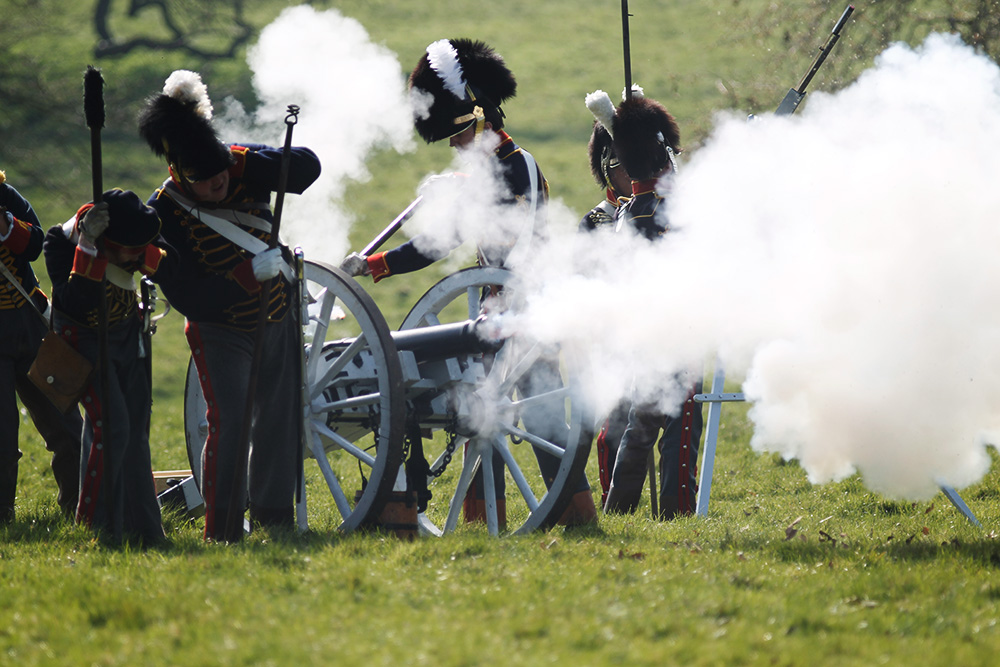
As Napoleon disembarked on this windswept isle, stripped of the grandeur that once surrounded him, he was accompanied by a retinue of loyal followers who shared in his fate. His presence on St. Helena signalled the definitive conclusion of the Napoleonic Wars, an era characterised by relentless conflict that reshaped the map of Europe. The Allied powers, particularly Britain, sought to ensure that Napoleon’s influence would not be resurrected as it had been during his brief Hundred Days following escape from Elba.
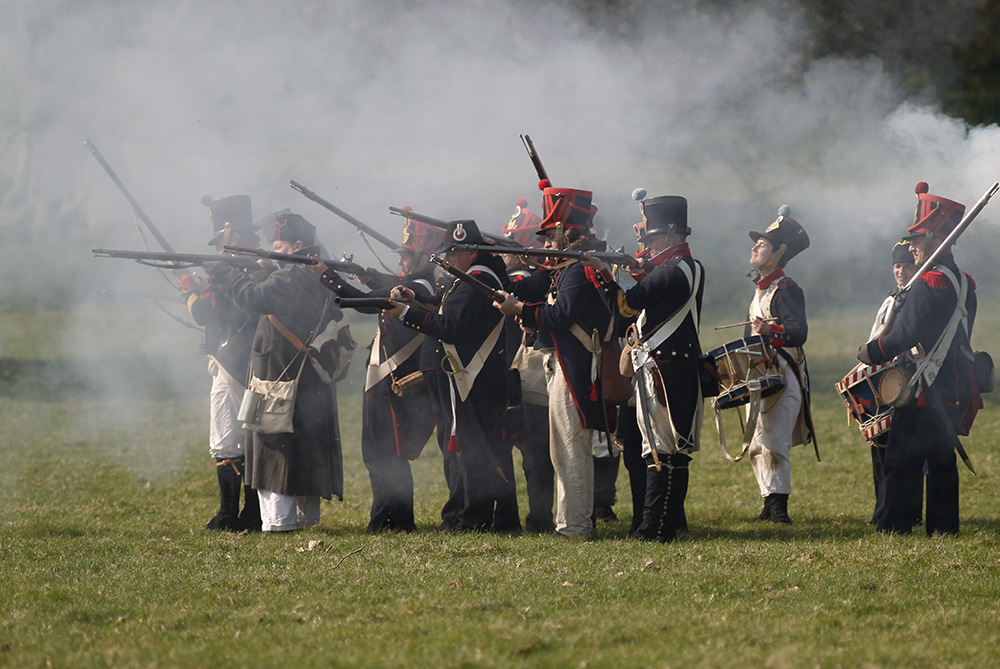
While on the island, Napoleon occupied Longwood House, a modest residence ill-suited to the tempestuous weather and sparse terrain. The man who had crowned himself Emperor of the French found himself constrained within the confines of a simpler existence, afforded only the most rudimentary luxuries. His thoughts during this period, documented through conversations and writings, reveal a reflective, albeit occasionally defiant, introspection on his past glories and failures.
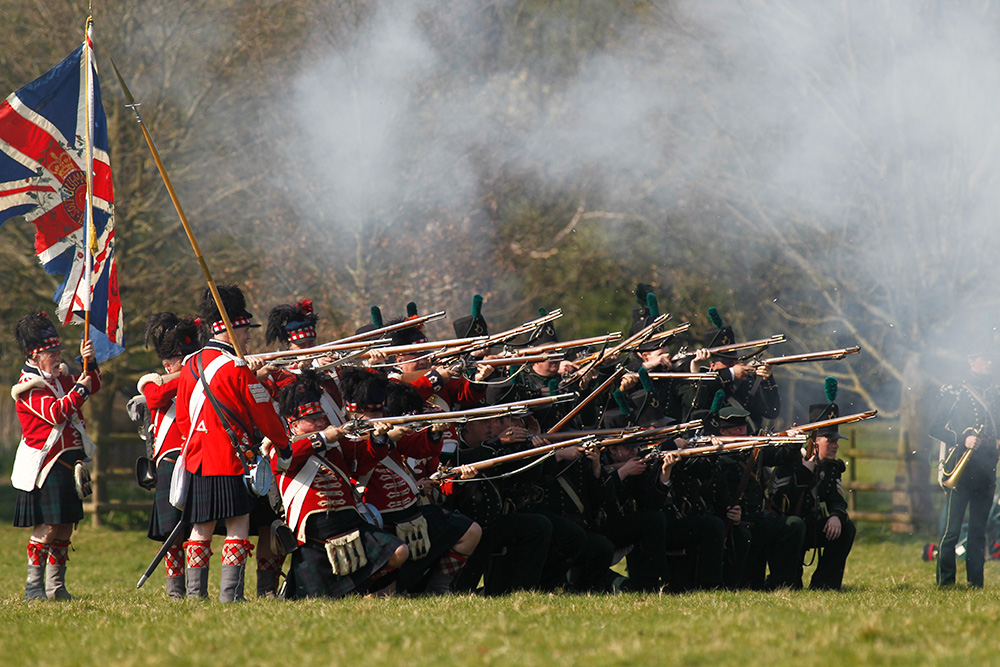
Napoleon’s exile on St. Helena lasted until his death on May 5, 1821. In those years, he maintained a semblance of his former dignity, grappling with his legacy and the historical significance of his meteoric rise and consequential fall. The British-imposed exile served its purpose, silencing one of history’s most enigmatic and ambitious figures. It remains a poignant reminder of the ephemeral nature of power and the unyielding march of history.
Images represent the final battle at Waterloo reenacted by the Association of Napoleon Bonaparte.


